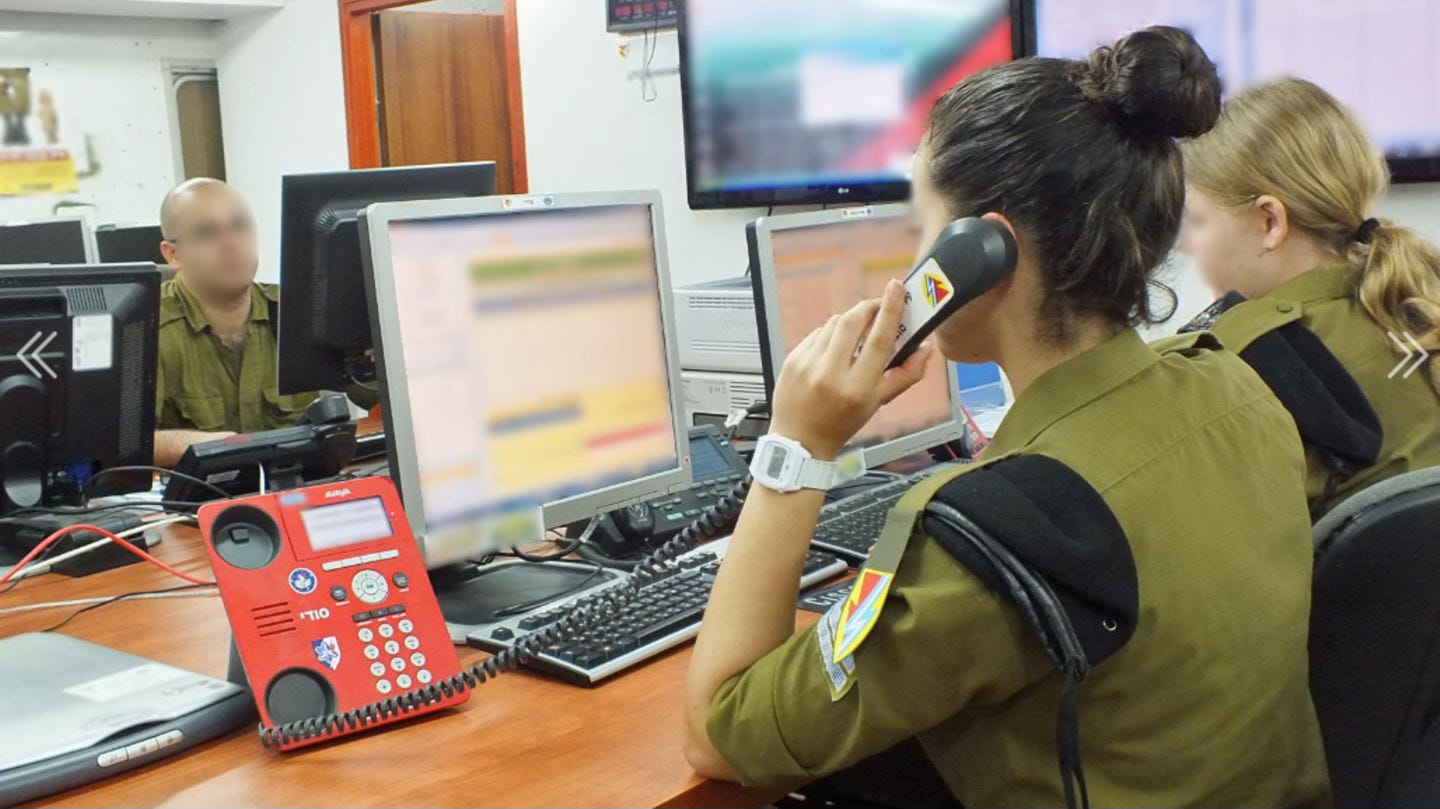Postcard from Israel: Brain Drain
A surge in emigration is draining Israel of its best and brightest, including members of Unit 8200, its elite signals intelligence agency

TEL AVIV — One evening late last month, I was visiting with an Israeli friend at his Tel Aviv home when his cell phone loudly beeped and displayed a warning that a missile fired by the Houthi rebels in Yemen was heading toward central Israel. As air raid sirens blared outside, I asked if perhaps we should head to the communal bomb shelter nearby.
“Not yet,” my friend said.



